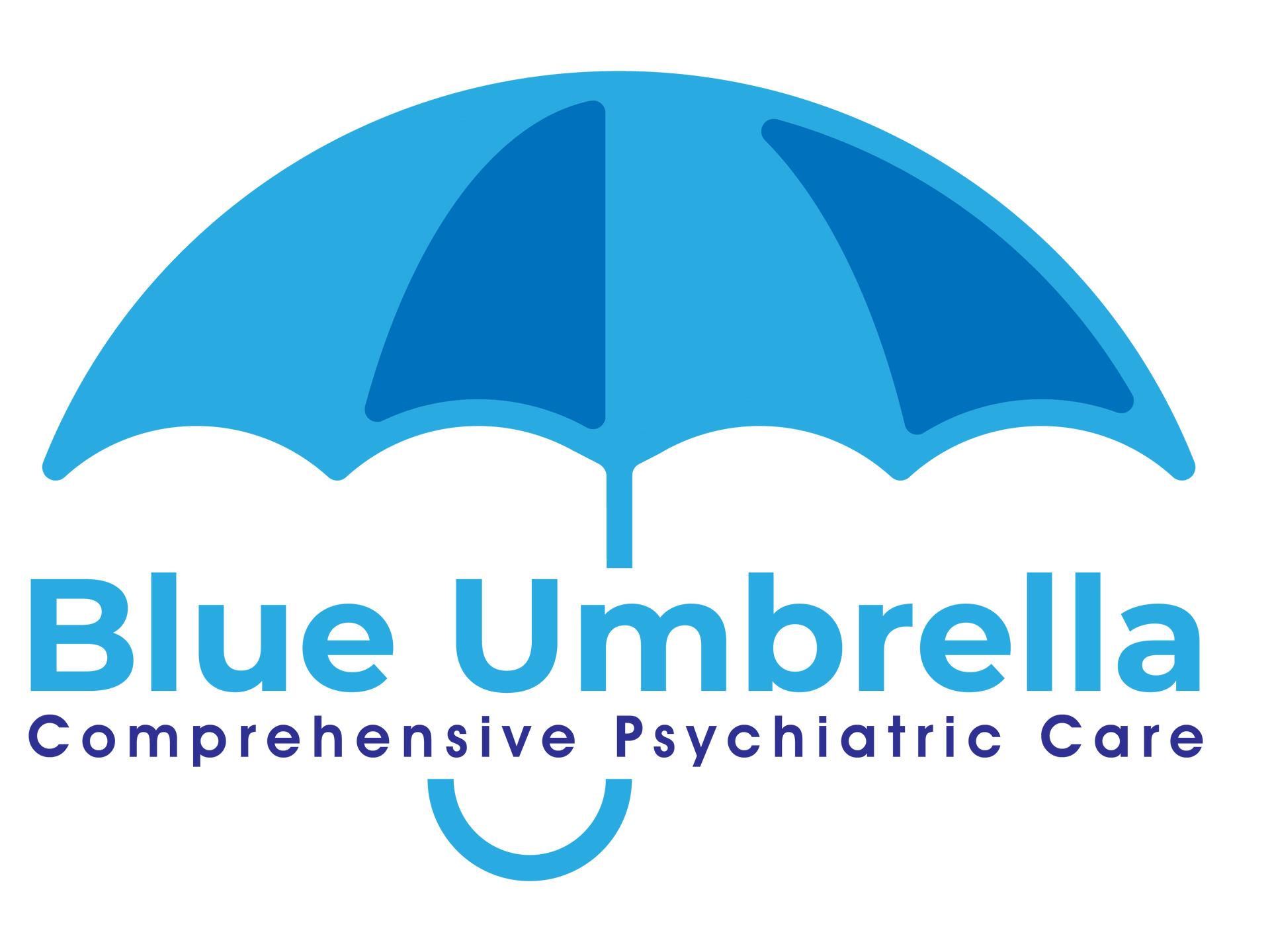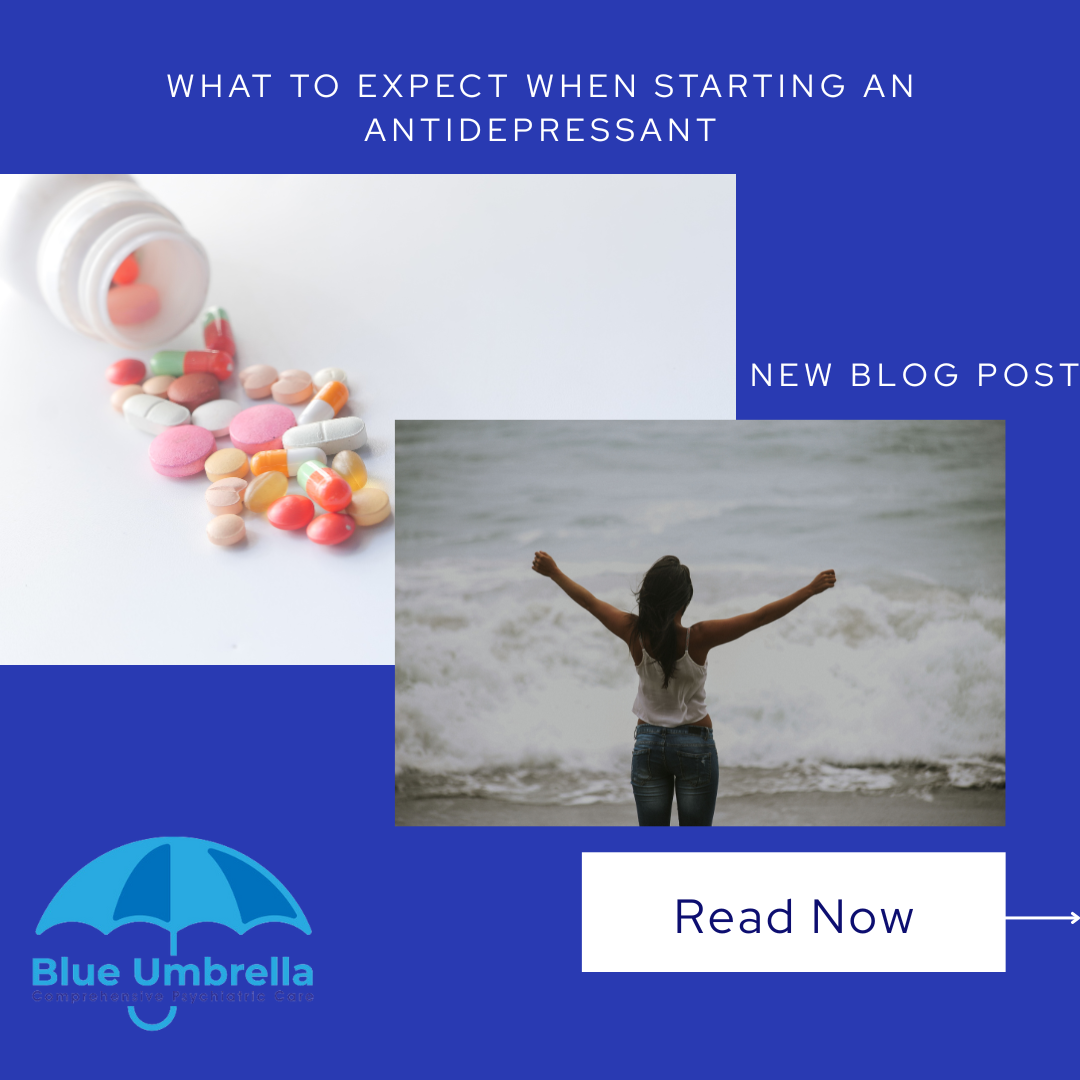
At Blue Umbrella Psychiatry, we understand that mental health treatment is not one-size-fits-all. For many, the most effective approach involves both therapy and medication working together to help manage symptoms and improve overall mental well-being. Let’s take a closer look at how this integrated approach can benefit those with mental health challenges.
The Role of Therapy in Mental Health Treatment
Psychotherapy, or talk therapy, is a central part of many treatment plans. It allows patients to explore their thoughts, behaviors, and emotions with a licensed professional. Therapy can help individuals:
- Gain Insight: Understand the root causes of their issues, whether they are past traumas, negative thought patterns, or unhealthy coping mechanisms.
- Develop Coping Skills: Learn new strategies to manage stress, anxiety, and other emotions.
- Reframe Negative Thoughts: Cognitive Behavioral Therapy (CBT) is an evidence-based therapy that helps individuals challenge and reframe negative thinking patterns, leading to improved emotional regulation.
Therapy helps patients address the emotional and psychological aspects of their mental health, guiding them towards healthier, more effective ways of coping with life’s challenges.
The Role of Medication in Mental Health Treatment
Psychiatric medications, such as antidepressants, anxiolytics, and mood stabilizers, can help balance brain chemistry and alleviate symptoms of mental health conditions. Medications work in several ways:
- Stabilizing Mood: For conditions like bipolar disorder or major depressive disorder, medications can help regulate mood fluctuations and reduce the intensity of symptoms.
- Reducing Anxiety: For patients with anxiety disorders, medications like SSRIs or benzodiazepines can lower excessive worry and promote calm.
- Increasing Focus: Certain medications for ADHD can improve concentration and reduce impulsivity.
Medications are designed to address the biological component of mental health disorders. They help stabilize neurotransmitters in the brain that regulate mood, thought processes, and behavior.
How Therapy and Medication Complement Each Other
- Immediate Symptom Relief: Medication can often provide quick relief from symptoms, making it easier for patients to engage in therapy.
- Lasting Change: While medication addresses symptoms, therapy helps individuals understand the underlying issues, leading to more sustainable emotional and psychological growth.
- Comprehensive Care: Together, these treatments address both the mind and the brain, providing a holistic approach to mental health.
If you’re struggling to manage mental health symptoms, combining therapy and medication might be the key to feeling better. Blue Umbrella Psychiatry can help you find the right treatment plan for your needs. Schedule an appointment by calling 954-341-5215













